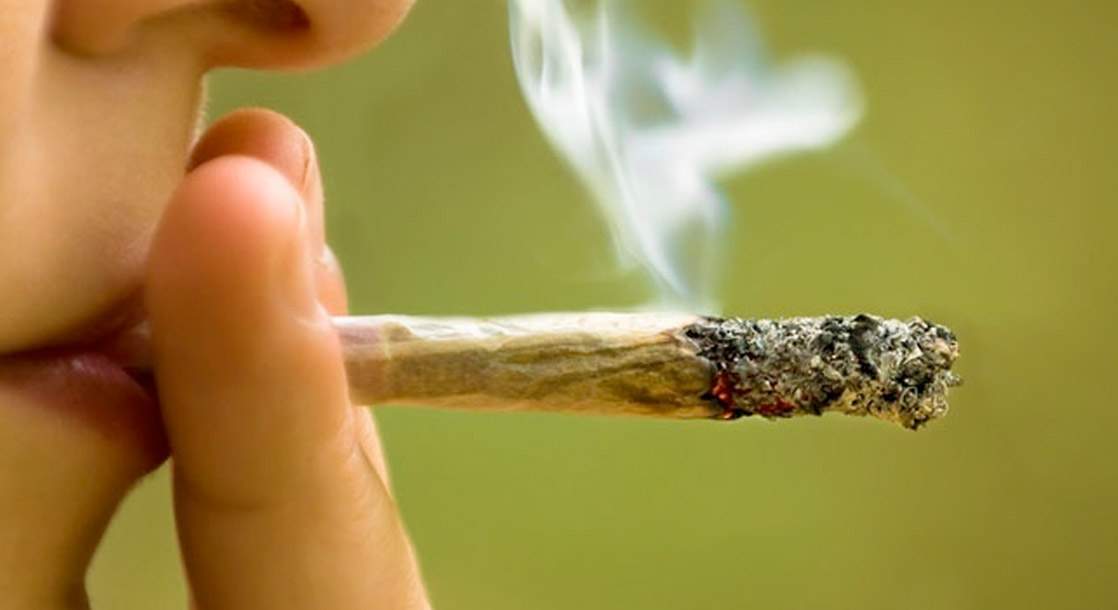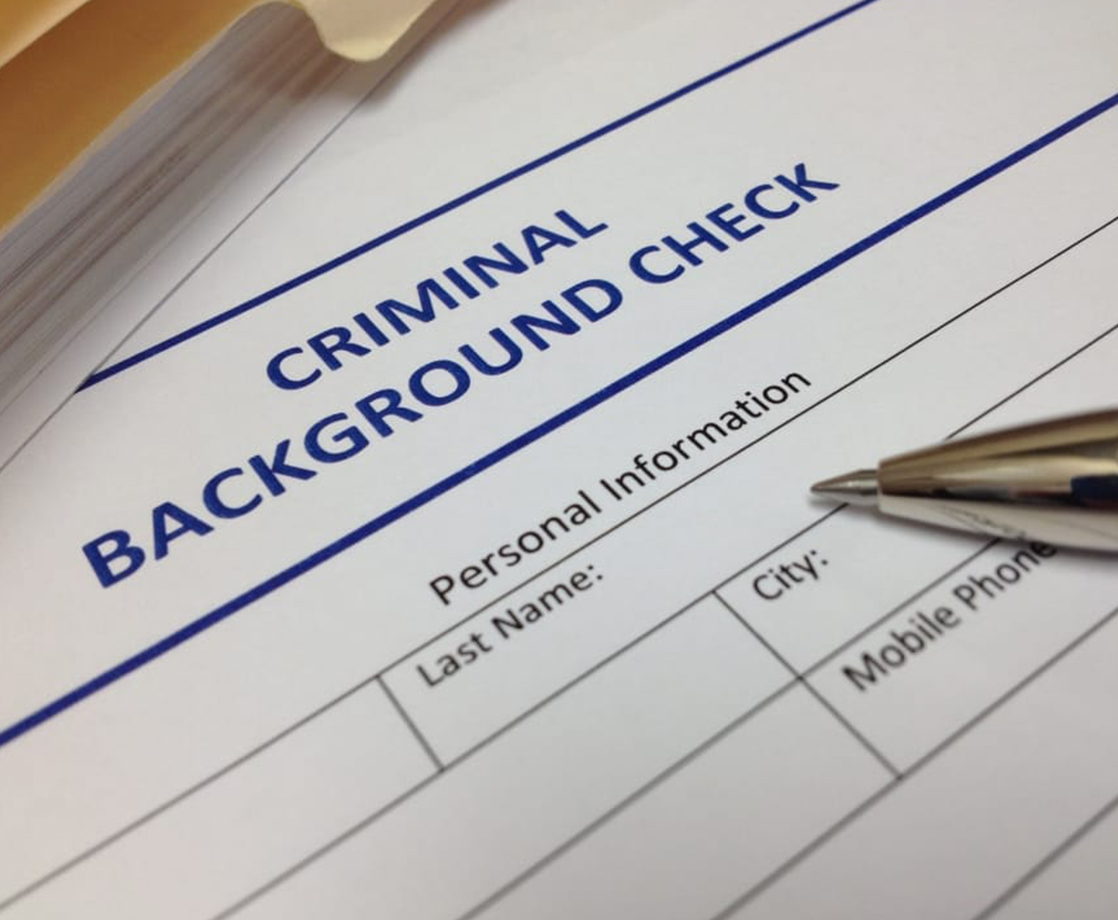First day of school. You get your photo taken by mom. Drive to school. Then, as you meet your new teacher and check out who is in your class, your mom is lighting up in the parking lot and getting pulled over.
That happened to be the case in Vancouver Island earlier this week, when a police sergeant pulled over a car for speeding in a school zone. The mom behind the wheel was busted once the officer smelled weed coming from the car.
“As soon as she rolled down the window it was pretty evident that the people in that car, or the driver herself, had been smoking a joint prior to being stopped,” Price told CTV News.
“She did admit to smoking a joint and tried to excuse it away by saying her and some of the other moms this morning had a celebratory joint, celebrating that the kids were back in school,” said Price.
The driver received a lecture about the dangers of smoking pot and driving through a school zone. A drug recognition expert, however, decided the woman was sober enough to drive, and she was not charged. Sgt. Price assured that, despite a liberalization of drug laws in Canada, one cannot drive high.
“That’s not the case,” he insisted.
Canada leads the world in legalization of marijuana laws. Officers worldwide make clear that, while consumption of marijuana has been legalized, driving impaired is not being legalized.
Since consumption has been legalized in places like Colorado, departments have gathered data about how to confirm a person’s THC level through breathalyzer-esque tests. Currently, the only confirmation available is through a blood test.
Gibson Glavin, a spokesman for Alberta RCMP K-Division, told the Edmonton Sun Canadian officers are trained to recognize when somebody is impaired due to drugs or alcohol.
“Because there is no specific technology or even a charge in Canada for being impaired by drug over any type of particular limit, they have to rely just on the behaviour and actions of the person,” Glavin said.
Edmonton Police Service confirmed to press last year they would increase officers with DRE training to prepare them better to recognize drug impairment like marijuana.
Canada’s Prime Minister Justin Trudeau publicly announced last year his intent to legalize cannabis. Trudeau issued a public mandate to Justice Minister Jody Wilson-Raybould. In the letter, Trudeau states as a goal: "Working with the Ministers of Public Safety and Emergency Preparedness and Health, create a federal-provincial-territorial process that will lead to the legalization and regulation of marijuana."
The process hasn’t been entirely clear, as bureaucratic uncertainty has led not only to confusion, but, also, aggressive raids by Canadian officials.











